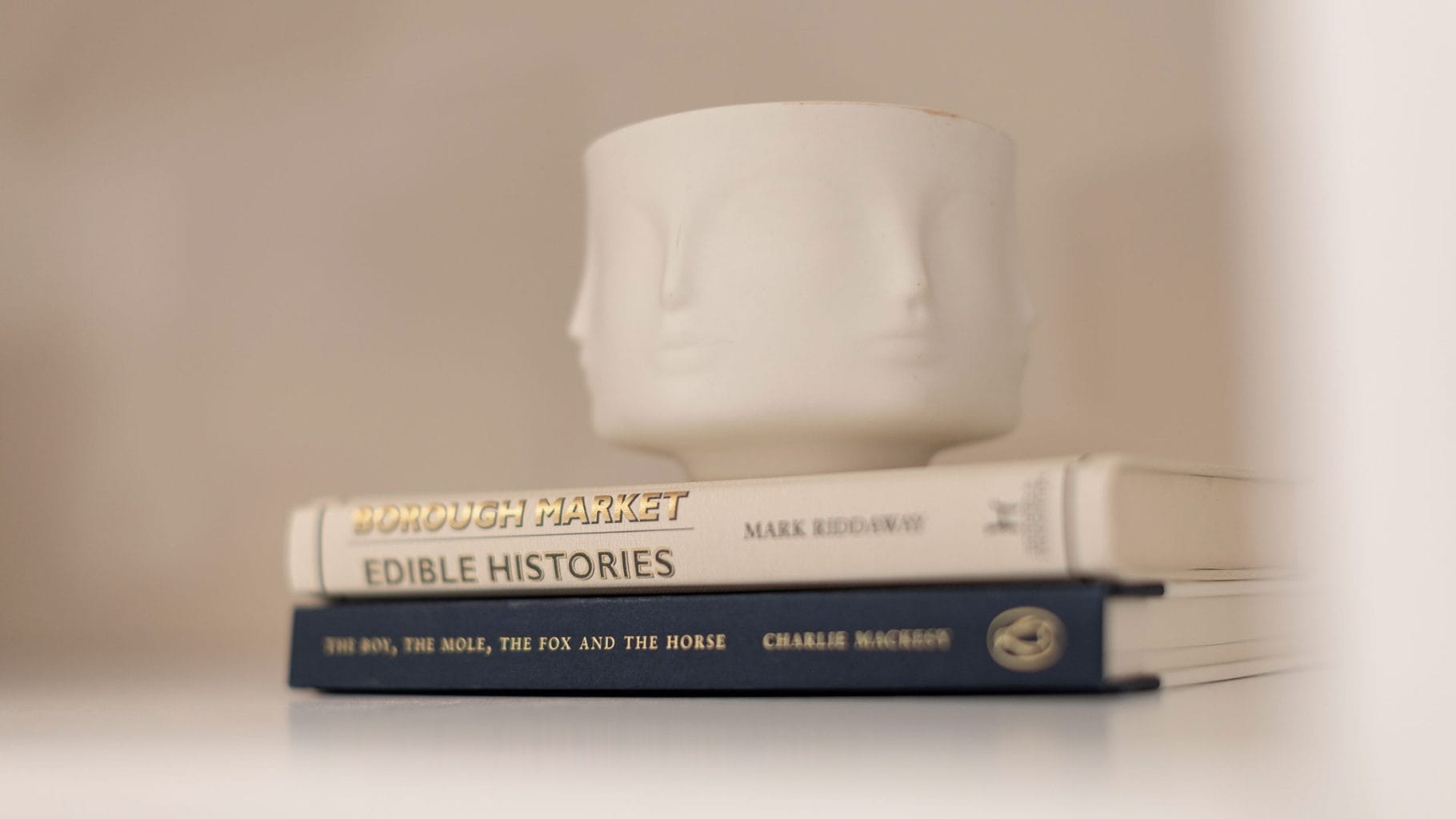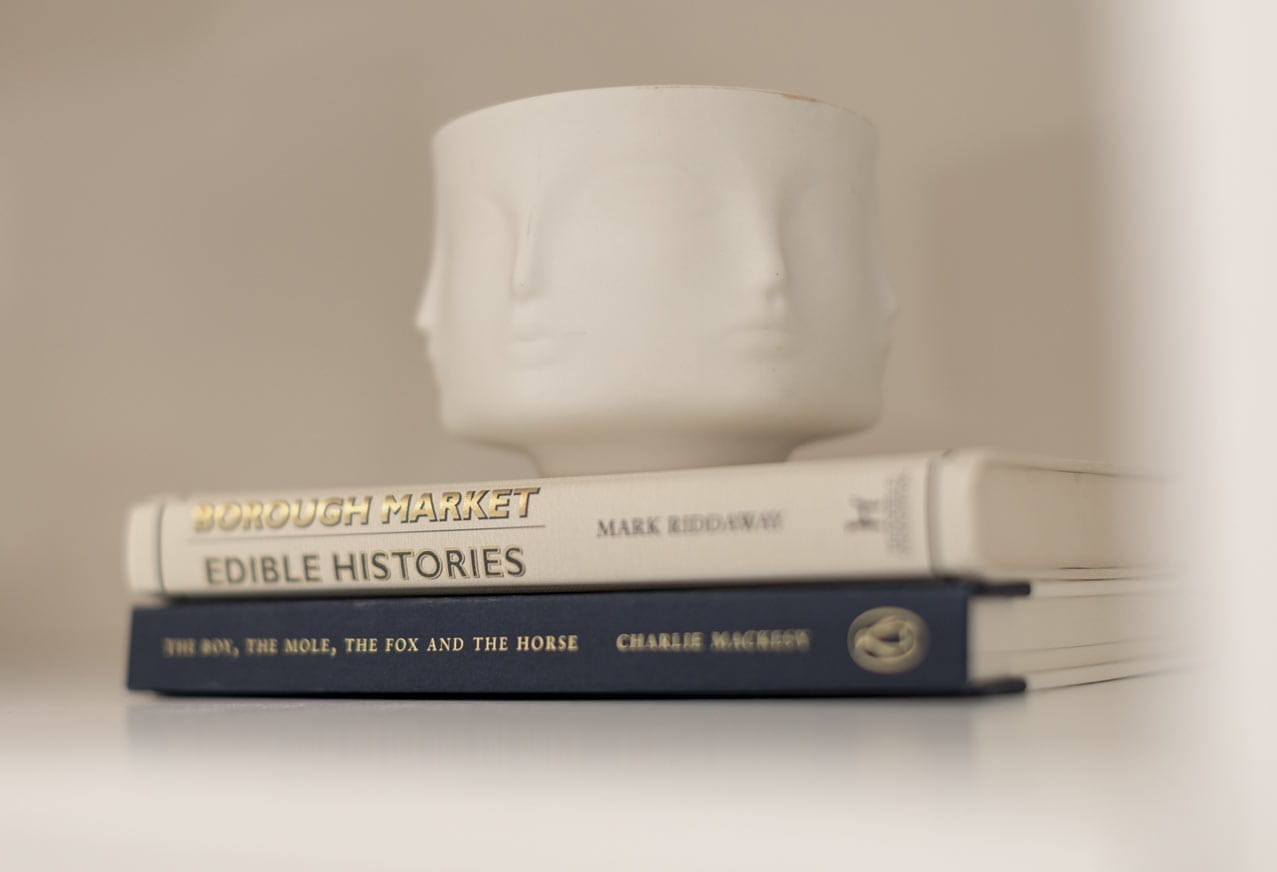
Contents
Introduction
Romantic relationships involve a complex array of emotions, impulses, thoughts, memories, and behaviours. Healthy relationships and healthy attraction often brings us joy, fulfilment, and growth. Conversely, unhealthy relationships can be the result of deep-seated, unhelpful patterns that stem from our past experiences and beliefs about ourselves and others.
In short, unhealthy romantic relationships are often agonising and yet we can feel drawn to repeat our unhealthy relationship patterns, even though it causes us pain. Therapy (both individual therapy and couples therapy) offers a unique perspective on understanding unhealthy relationship patterns (which in schema therapy is referred to as “schema chemistry”) and how our core beliefs influence our connections with and attraction to others.
What is Schema Chemistry?
Schema Chemistry refers to the dynamic interplay between individuals’ schemas (core beliefs about themselves, others, and the world). Schemas are developed early in life based on our experiences with caregivers and important figures/influences in our lives. They shape how we perceive ourselves, relate to others, and interpret the world around us. In romantic relationships, schema chemistry influences attraction, compatibility, communication styles, and relationship dynamics.
Schema chemistry is the pattern of being attracted to others who fit our schemas or who share our schemas; that is, they make sense to us, they fit with our world perception, and they feel familiar. For example, individuals with an abandonment schema often fear rejection, abandonment, or being left alone, yet find themselves in relationships with partners who are largely absent, inconsistent, or unavailable. Individuals with a defectiveness schema feel fundamentally flawed or unworthy of love and acceptance, and might find themselves in relationships with deeply criticising partners. Equally, when faced with a loving, present, needs-meeting partner, it might feel so unknown and strange, that no attraction is felt, despite the person being potentially a very good partner.
Navigating Schema Chemistry in Therapy:
Schema Therapy and Schema Therapy for Couples offers effective strategies for addressing schema chemistry and improving romantic relationships:
- Schema Awareness: Therapists help individuals identify and understand their core schemas, as well as how these schemas manifest in their relationships. Increased self-awareness enables individuals to recognise and challenge maladaptive patterns.
- Cognitive Restructuring: Therapists assist clients in challenging and reframing their negative beliefs and assumptions about themselves and their relationships. By replacing maladaptive thoughts with more balanced and realistic perspectives, individuals can cultivate healthier relationship dynamics.
- Experiential Techniques: Schema Therapy incorporates experiential techniques such as imagery, role-playing, and chair work to explore and process emotional wounds from past experiences. These techniques promote emotional healing and facilitate more authentic connections with partners.
- Behavioural Change: Therapists help clients develop practical skills for improving communication, setting boundaries, and expressing needs assertively in relationships. By practising new behaviours, individuals can break free from old patterns and cultivate more fulfilling relationships.
Conclusion:
Schema chemistry offers a valuable framework for understanding the complex dynamics of romantic relationships from a psychological perspective. By exploring how our core beliefs shape our interactions with partners, individuals can gain insight into their relationship patterns and work towards building healthier connections. Through Schema Therapy and Schema Therapy for Couples, individuals and couples can learn to recognise and challenge maladaptive schemas, fostering greater intimacy, trust, and fulfilment in their romantic relationships.
If you would like to learn more about Schema Chemistry or want to better understand yourself in relationships, contact us today to see if therapy might be helpful for you.








